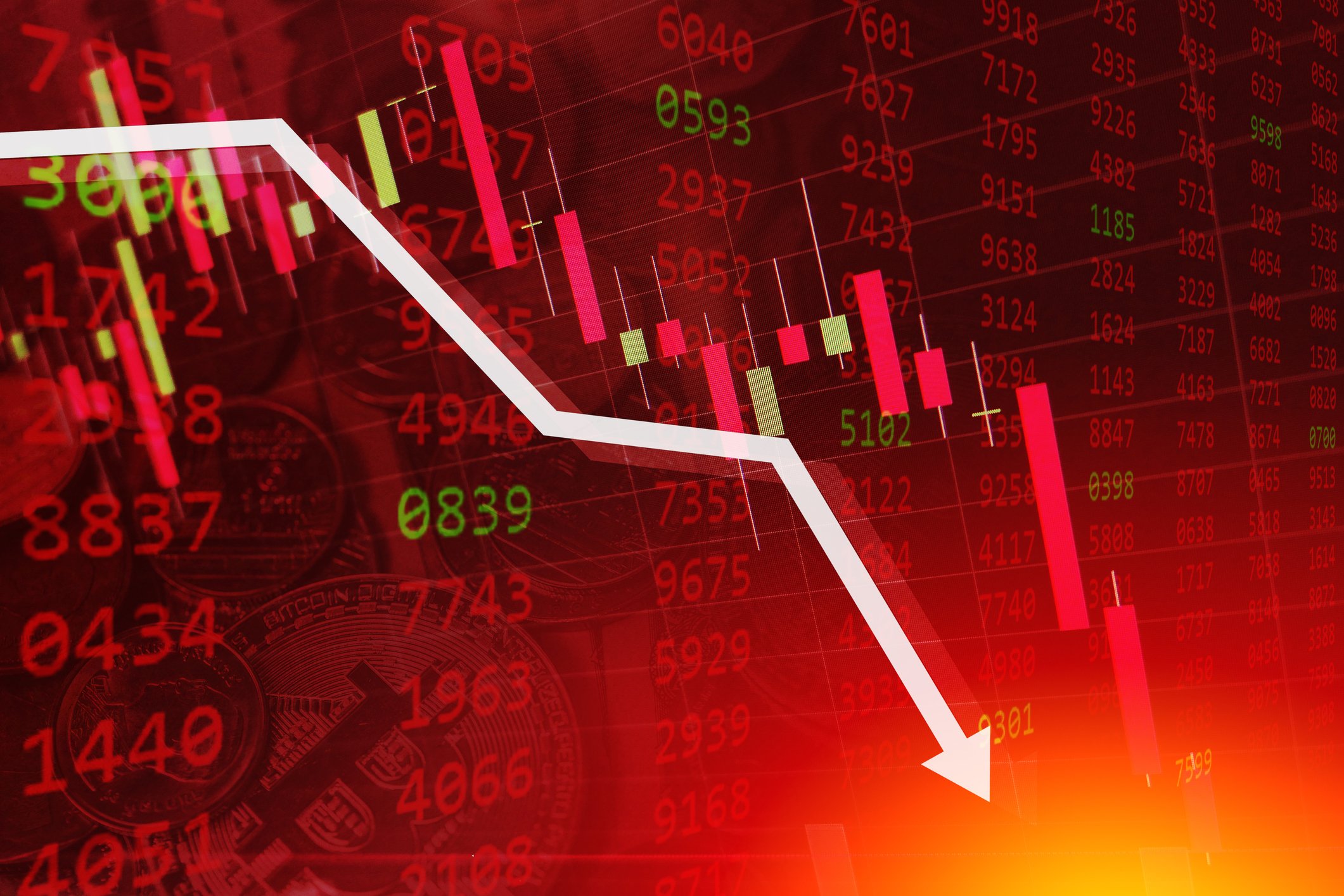What happened
Shares of Nasdaq (NDAQ 9.40%), owner of multiple stock exchanges, were down 11.9% in February, according to data provided by S&P Global Market Intelligence. This stock sell-off corresponds perfectly to the overall market correction, in which fears related to the global COVID-19 crisis fueled panic among investors.
The novel coronavirus will indeed have ripple effects throughout the world's economy. Tourism-related businesses are seeing declining demand. And manufacturing disruptions in places like China and South Korea will likely cause short-term supply constraints in consumer goods and semiconductor components. But not all industries are equally affected, and I believe Nasdaq's business will be particularly resilient for the rest of 2020 and beyond.

Image source: Getty Images.
So what
Nasdaq generates revenue in a few different ways. Among other things, it charges fees to companies that choose to list on Nasdaq's stock exchange, and racks up fees when trades are placed. All told, it generated $2.54 billion in revenue in 2019, but that was only good for 3% organic growth. It turned out that overall stock-market trading volume was down in 2019 compared to 2018, and Nasdaq's trading revenue fell accordingly.
But trading volume is revving up significantly in 2020. For example, trading volume recently increased so much that the Robinhood app crashed, leaving many would-be traders with no option but to wait for the platform to come back online.
As heightened market volatility continues in 2020, Nasdaq only stands to benefit. That makes it one of the most resilient businesses to own during this time of economic uncertainty.
Now what
To start out March, Nasdaq's stock has almost completely recovered to where it traded prior to the fall. I think this story is a great reminder of why investors need a watch list of great companies to consider buying.
I don't believe you need to time the market when investing in top stocks. But occasionally great stocks sell off on irrational fears, providing opportunistic entry points to companies you're comfortable holding at least three to five years.






